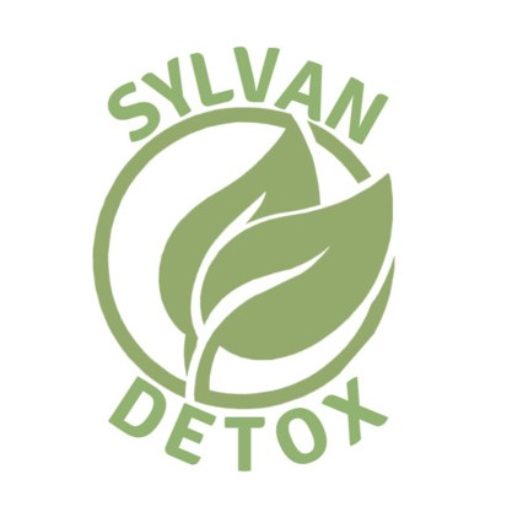Family Therapy
How it Works
Drug abuse and addiction affect so much more than just yourself. Your family, friends, work colleagues, and even people around you who you may not know well or at all are all affected by your individual choices. Families are often the ones who suffer most, as they may experience serious emotional pain as they struggle to support their addicted loved ones. For this reason, family addiction therapy is often a very important part of addiction recovery.
Family therapy is mainly an education about addiction for the whole family, provided within a safe space and guided by an experienced family therapist who works to set the addicted person up for success in recovery with a strong support system at home. It also touches on topics like family conflict, parenting skills, depression, abuse, and unemployment. Family members will learn healthier behaviors, better communication skills, and healthy roles.
Family programs can also help loved ones understand that addiction is not a choice, it is a chronic brain disease that requires professional interventions, therapies, and lots of hard work and patience. It may also help teach family members to stop enabling their loved one’s addiction by taking on their responsibilities, lying for them, giving them money, or obtaining drugs or alcohol for them. Addiction recovery is not an easy path to take, but with support and care from the family unit, it is much easier.
In the first treatment sessions, your therapist will decide who will be beneficial to have in the therapy sessions, receiving input from each person. It is often a short-term (several weeks) outpatient program, but there are types of family therapy provided in a group therapy context as well. Family therapy improves communication and relationships beyond addiction treatment and recovery, so you and your loved ones can maintain a healthy relationship long-term.
How Substance Abuse Impacts Families
Addiction is a family disease, and alcohol and drug abuse affects spouses, parents, children, and others with whom you have a close relationship in several ways. Children of substance abusers grow up severely affected by their parent’s addiction, including becoming addicts themselves, being abused or neglected, developing aggressive behavior, and lag in development and learning as they feel pressure to become a caretaker to their own parent. Any family member may move into a dysfunctional relationship with their addicted loved one such as:
Hero – this person overcompensates in the household, never letting anybody down, covering for their addicted sibling or child to ensure the family looks good, and most likely experiencing denial about the severity of the addiction
Lost Child – this person avoids conflict at all costs, bottling up emotion while suffering on the inside
Scapegoat – this person is most frequently blamed in the family, and so they act out to take the focus off the addicted person
Mascot – this person becomes the entertainer of the family, especially trying to use humor to minimize the seriousness of the addicted person’s substance use issue which becomes an unhealthy coping mechanism
Enabler – this person takes on the responsibility of “helping” their addicted loved one by excusing and taking care of problems that happen due to substance abuse, so they never end up being held accountable for their actions and do not learn from the natural consequences of their actions.
The Benefits
Benefits of family therapy for addiction include:
- Learning what helps and what is harmful when it comes to helping your addicted loved one
- Clearer communication and openly sharing opinions in a measured and fair way
- Learning to understand the family dynamics and family models
- Setting clear and healthy boundaries
- Rebuilding trust through honest interactions and conversations
- Self-care, for the entire family and the addicted person so nobody becomes burnt out
- Encouraging supportive behaviors and reducing enabling behaviors, holding the substance-abusing person accountable for their actions
- Learning how addiction can affect a person’s brain health and cause behavior changes
- Rebuilding relationships throughout the course of addiction recovery
Family involvement, along with professional help from professional addiction treatment centers is the best way to treat a loved one’s addiction. At the Sylvan Detox recovery center, if appropriate to your individual needs, we offer family therapy sessions within customized integrated treatment programs that may also include cognitive behavioral therapy, evidence-based treatments, and dual diagnosis for co-occurring disorders like bipolar disorder, PTSD, anxiety, or depression along with drug and/or alcohol addiction.
We are an inpatient treatment center, and we can provide recommendations for outpatient rehab treatment programs like intensive outpatient programs, sober living homes, or partial hospitalization programs.
Substance use disorders do not need to ruin the lives of you and your family. Get on your own personal road to recovery today with Sylvan Detox. Call us today to verify your insurance or learn about paying for rehab and our admissions process. We are here to help you now.
Call Now
(818) 308-3099
Our hotline is available 24/7 to assist you and your loved ones. Call Now!
